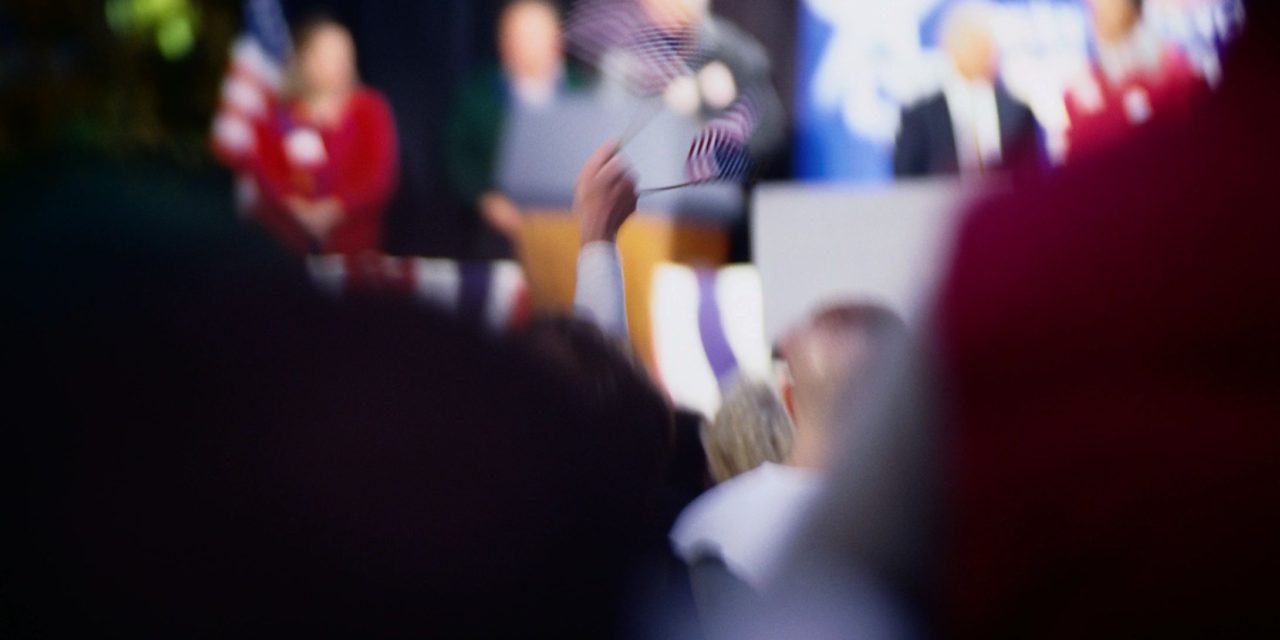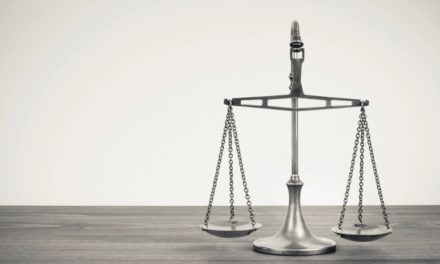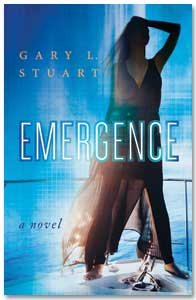There is much ado and boo-who about election ethics these days. As a nation we are moribund because when the 2020 presidential election was called, one side said yea and the other cried fraud. They didn’t say nay—they just claimed fraud sans evidence or even an investigation. They did not know there was fraud but they suspected it because the other party won. In less rigid political times, that would have ended it—no proof—no claim. But the Twenty-First Century is the dawn of shoot first, lie convincingly, and claim fraud when you lose.
So far, fraud remains in hiding and yea is blossoming. But those are not facts; they are opinions. This blog is not about fraud or its absence. It’s about the ethics of elections. Fraud is inherently unethical. Are ethics? Inherently is an adverb meaning naturally, necessarily, inseparable, indubitably, undoubtedly, absolutely. That election is now eight months old, multiple lawsuits behind, and still there is no evidence to support even the vaguest whisper of fraud. But it does have that Velcro quality of raising funds for the loser and making the winner squirm.
House Resolution 1 of the 117th Congress, First Session is in play. Its mission is clear. “To expand Americans’ access to the ballot box, reduce the influence of big money in politics, strengthen ethics rules for public servants, and implement other anti-corruption measures for the purpose of fortifying our democracy.” This legislation proposes (1) increased voter access, (2) less financial influence by big business, (3) stronger ethical rules in the public sector, and (4) other anti-corruption measurers.
Theoretically, if HR 1 becomes law the public sector will be more ethical because its rules will be stronger. But strength does not equate to compliance. One of the world’s most famous politicians said he didn’t care how many people voted if he got to count the votes. Political parties see ethical rules as impediments to political goals. They are strong if they get their way and weak if they don’t. That guarantees one party will support HR 1, and the other will oppose it.
In an ethical sense, what does “stronger” mean? Strength is defined by independence, not political preference. If people rely on themselves, they are often stronger than relying on one party or the other. People rely on one another more than they do on who wins an election. The challenge for government is to help those who cannot help themselves. Unless the ethics rules in the public sector work and are applied equally, their strength is nonexistent.
H.R. 1 will pass or fail depending on which party is stronger. Democrats want to expand voting. Republicans want to restrict it. Ethics is squeezed in between. The bill boggles ethical minds because it knocks on the door of all three branches of government. It calls for a code of conduct for Supreme Court Justices. It would prohibit Members of the House from serving on the board of a for-profit entity. It would mandate conflict-of-interest and ethics provisions for federal employees and the White House.
Take a step back. Think about those three possible outcomes. Which party profits from a code of conduct at the US Supreme Court? Which party is stronger if House Members cannot sit on for profit boards of directors? Which one benefits from ethical compliance inside the White House? Does Alice In Wonderland come to mind?
“No, no!” said the Queen. “Sentence first–verdict afterwards.”
“Stuff and nonsense!” said Alice loudly. “The idea of having the sentence first!”
“Hold your tongue,” said the Queen, turning purple.
“I won’t!” said Alice.
“Off with her head!” the Queen shouted at the top of her voice.
Scholars think Wonderland was a political allegory. It debuted in a fictional time when there was a tyrannical Queen with her hair on fire, “shouting off with her head” to a giggly crowd as often as we heard “lock her up” in our recent political past. A political allegory can be interpreted to reveal a hidden meaning, typically a moral or political one. Hence, the need for morals, ethics, and political reality.
If passed into law, H.R. 1 would make it easier to vote in federal elections, end congressional gerrymandering, overhaul federal campaign finance laws, increase safeguards against foreign interference, strengthen government ethics rules, and benefit the base of one party while inhibiting the other. The act passes ethical muster and fails political reality. If the party in opposition has its way, it will be harder to vote in federal elections, gerrymandering will thrive, finance laws will be moribund, and we can expect more foreign interference. Ethics will survive because neither party will pay much attention. It’s about votes—not ethics.

I am an author and a part-time lawyer with a focus on ethics and professional discipline. I teach creative writing and ethics to law students at Arizona State University. Read my bio.
If you have an important story you want told, you can commission me to write it for you. Learn how.






 I am an author and a part-time lawyer with a focus on ethics and professional discipline. I teach creative writing and ethics to law students at Arizona State University.
I am an author and a part-time lawyer with a focus on ethics and professional discipline. I teach creative writing and ethics to law students at Arizona State University.  My latest novel is Emergence, the sequel to Let’s Disappear.
My latest novel is Emergence, the sequel to Let’s Disappear.  If you have an important story you want told, you can commission me to write it for you.
If you have an important story you want told, you can commission me to write it for you.